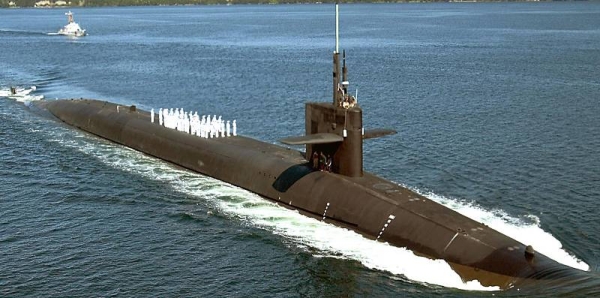WASHINGTON, July 28, 2010 — Although insurgents continue to threaten progress in Afghanistan, their efforts are becoming increasingly desperate, the top U.S. military commander in Eastern Afghanistan said today.
Army Maj. Gen. John F. Campbell, commander of U.S. and international forces in Regional Command-East and Combined Joint Task Force 101, as well as the 101st Airborne Division, underscored the recent desperate actions of militant groups, such as the Haqqani network, citing their targeting of Afghan civilians.
The insurgents have simply declared all-out war on innocent Afghan civilians, Campbell told Pentagon reporters during a video news conference.
“They … have gone out recently and publicly said attack civilians, women and children that are working with the coalition forces and the Afghan national security forces,” Campbell said, noting the Haqqani terrorist network in particular “is getting a little bit desperate.”
The Haqqani network employed a female suicide bomber in Kunar province just two weeks ago, the general said.
The insurgents, Campbell said, are “really disgracing the Muslim culture here.” Male insurgents, he added, have adopted the tactic of wearing burqas, which are traditional Muslim outer garments meant to hide the face and body of women while in public.
“It’s something we hadn’t seen in years past,” the general said.
Although insurgents have become more creative in their tactics, the effectiveness of their attacks has decreased, Campbell said. Though the number of insurgent attacks since January has risen 12 percent in Eastern Afghanistan, compared to the same period last year, he said, the effectiveness of those attacks is down 6 percent.
“Because of the great aggressive operations by the coalition forces and by our Afghan counterparts, many times where we would have expected a continuous battle, [enemy fighters] did not have the required ammunition, they did not have the spirit or the guts to continue that fight, and it is sort of a ‘hit-and-run,’ ” Campbell explained.
Coalition forces in Afghanistan expected a spike in attack levels, Campbell said, as insurgents attempt to counter the increased U.S. military footprint. And, experience has shown that fighting in Afghanistan increases dramatically in the summer, he added.
An additional Army brigade – about 3,500 troops – is expected to augment Campbell’s forces in August, he said. It will take some time, he added, before the impact of the troop surge can be measured.
“We know that we’ll have a tough summer as we bring in additional forces,” Campbell said. “The insurgents will not let us bring in additional forces without trying to make a statement.”
That statement, Campbell noted, has come at the cost of Afghan civilians’ lives. Insurgents continue to target innocent civilians, he said, as a means of intimidating them to reject the Afghan government and its coalition partners.
Campbell also noted that in the past six months no innocent civilians were killed by NATO aerial bombings.
“I can’t stress this enough,” Campbell said. “[Insurgents] have really moved toward attacking the Afghan people. They declared that they had to do that, and that just shows an act of desperation.”
Source:
U.S. Department of Defense
Office of the Assistant Secretary of Defense (Public Affairs)

 von
von 
